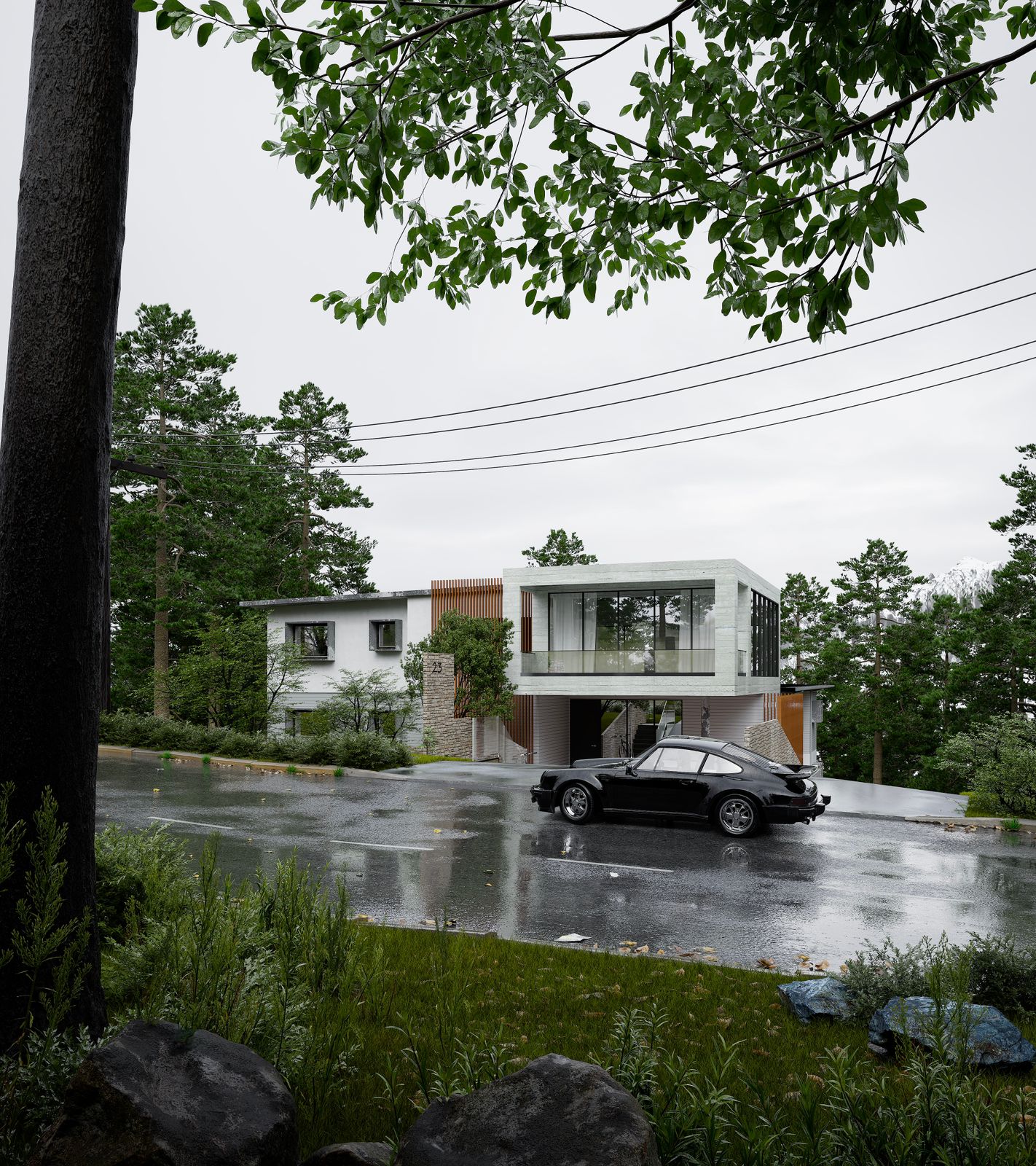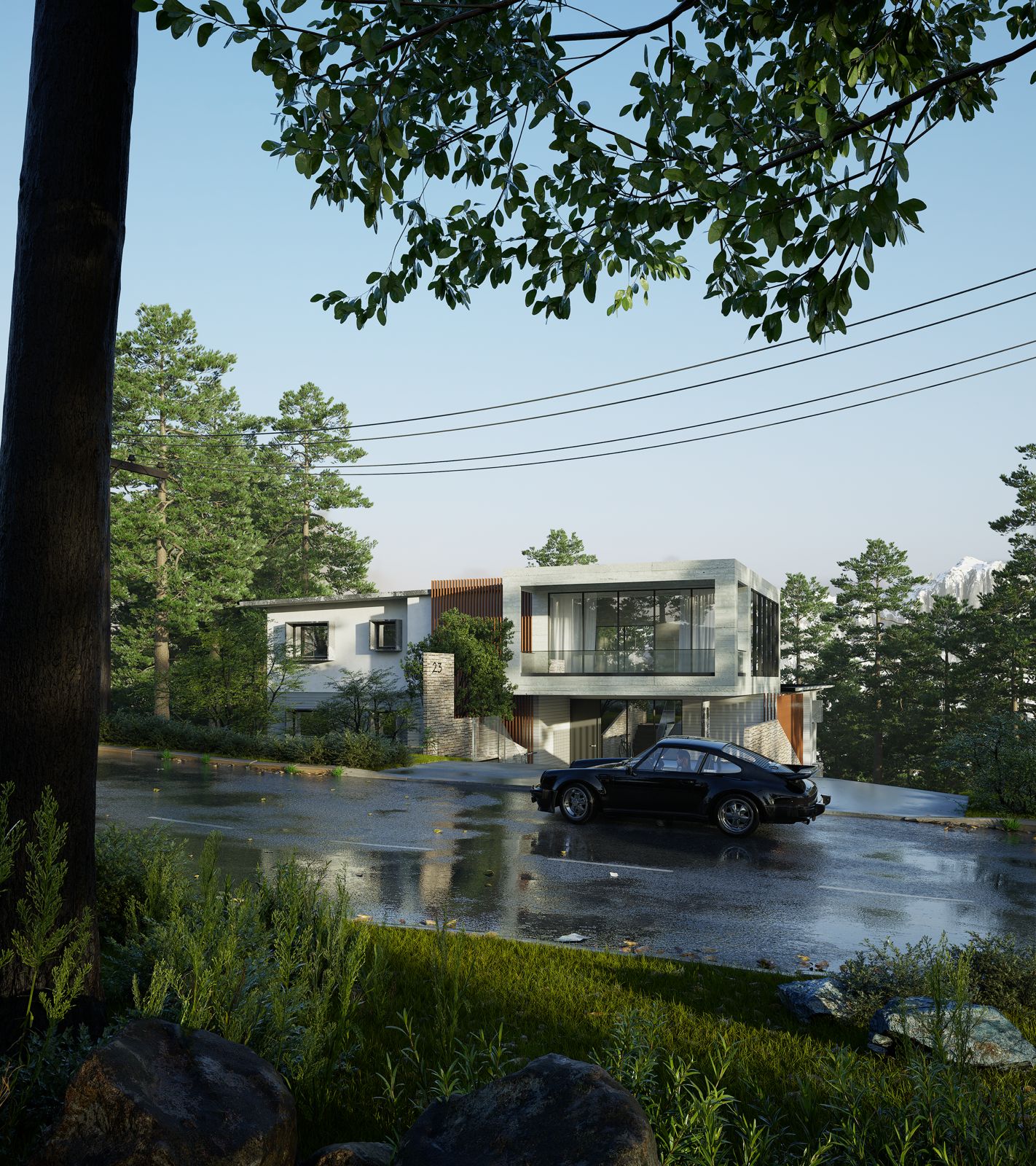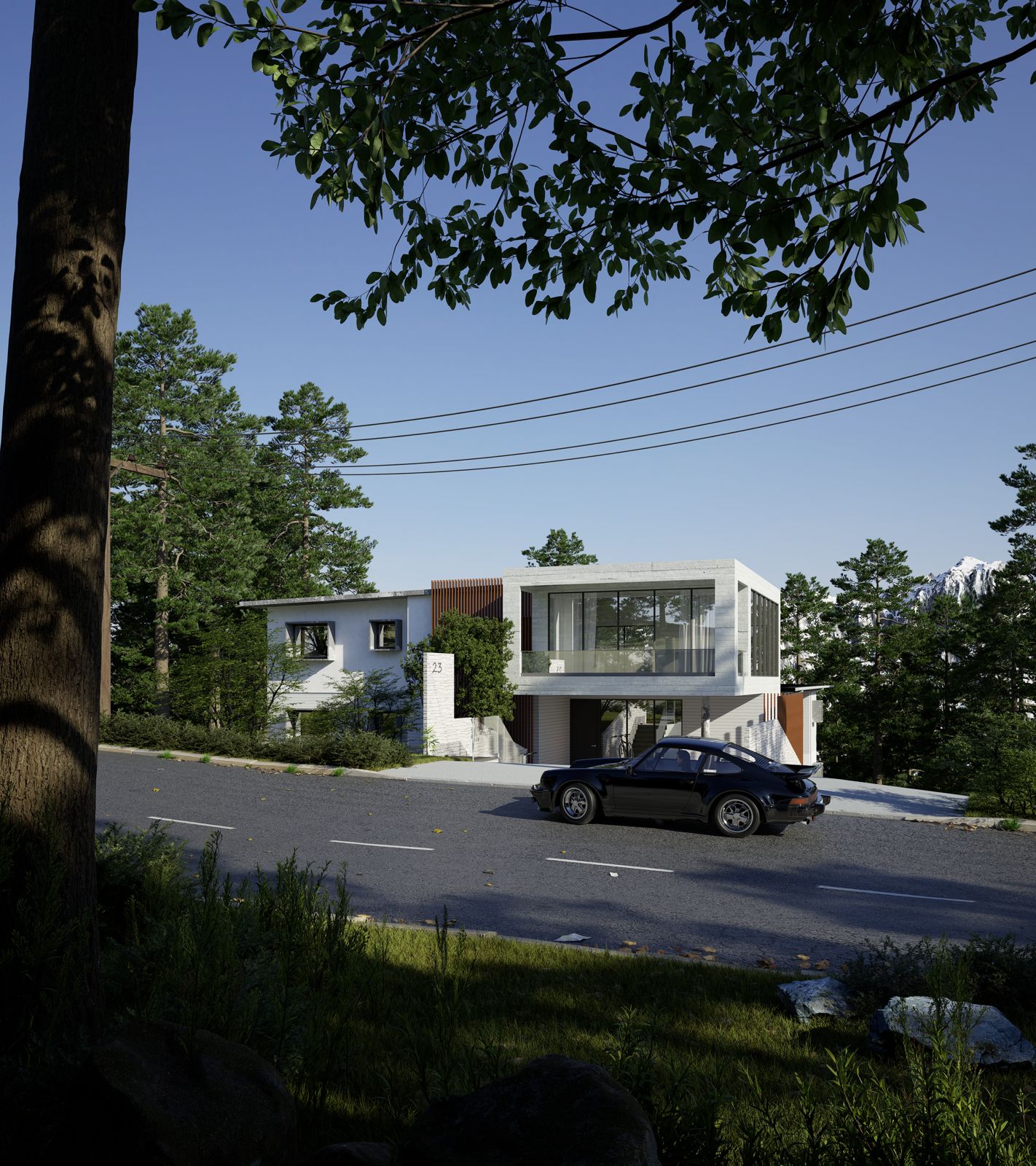1h 30m TUTORIAL - Twinmotion2025.1.1
🌟 What You Will Learn from This Twinmotion Tutorial
In this comprehensive Twinmotion tutorial, you'll gain hands-on knowledge and techniques to create visually stunning, realistic 3D scenes. Whether you're a beginner or looking to sharpen your skills, this guide covers all the essential elements. Here's a breakdown of what you will learn:
EVERYTHING WITHOUT POST PRODUCTION
1. Realism in Visualization
- Learn how to push your scenes beyond basic rendering into true photorealism.
- Understand how to balance lighting, reflections, shadows, and materials for lifelike results.
- Explore key visual storytelling principles that enhance realism in architectural and landscape visualization.
2. HDRI Settings
- Understand what HDRI (High Dynamic Range Imaging) is and how it affects your scene.
- Learn how to import and apply HDRI maps to create realistic environmental lighting.
- Adjust the intensity, rotation, and exposure of HDRI for perfect light and sky balance.
3. Lighting Settings
- Master natural lighting (sun and sky system) and artificial lighting setups (spotlights, area lights, etc.).
- Learn how to use Global Illumination and Ambient Occlusion to add depth and realism.
- Control shadows and reflections to highlight architectural features.
4. Scene Composition
- Learn how to set up and organize your scene effectively from start to finish.
- Work with layers, grouping, and scene organization tools.
- Understand how to build foreground, midground, and background for visual depth.
5. Camera Setup
- Set up dynamic and static camera views to showcase your design.
6. Using New Assets
- Explore Twinmotion’s extensive asset library, including recently added high-quality objects.
- Learn how to drag, place, and customize assets megascans, maxtree, and sketchfab.
- Optimize assets for performance and visual consistency.
7. Vegetation and Foliage
- Use Twinmotion’s vegetation tools to add trees, grass, and plants.
- Learn how to paint foliage efficiently across terrain.
- Control seasonal variations, and density for a natural look.
8. Weather & Environment Effects
- Dynamically change weather settings: sun, clouds, rain, snow, and fog.
- Understand how different weather affects lighting and mood.
- Learn how to use weather to tell a story or match a design context.
9. Material Texturing & Settings
- Learn how to apply and customize materials (color, roughness, metallic, bump maps, etc.).
- Use texture mapping techniques for wood, concrete, glass, etc.
- Adjust UV scaling, tiling, and surface details for realism.
By the end of this tutorial, you’ll be equipped to create professional-grade Twinmotion scenes with a strong focus on realism, storytelling, and design presentation.
USED GPU: RTX4070 LAPTOP GPU
Good luck!






